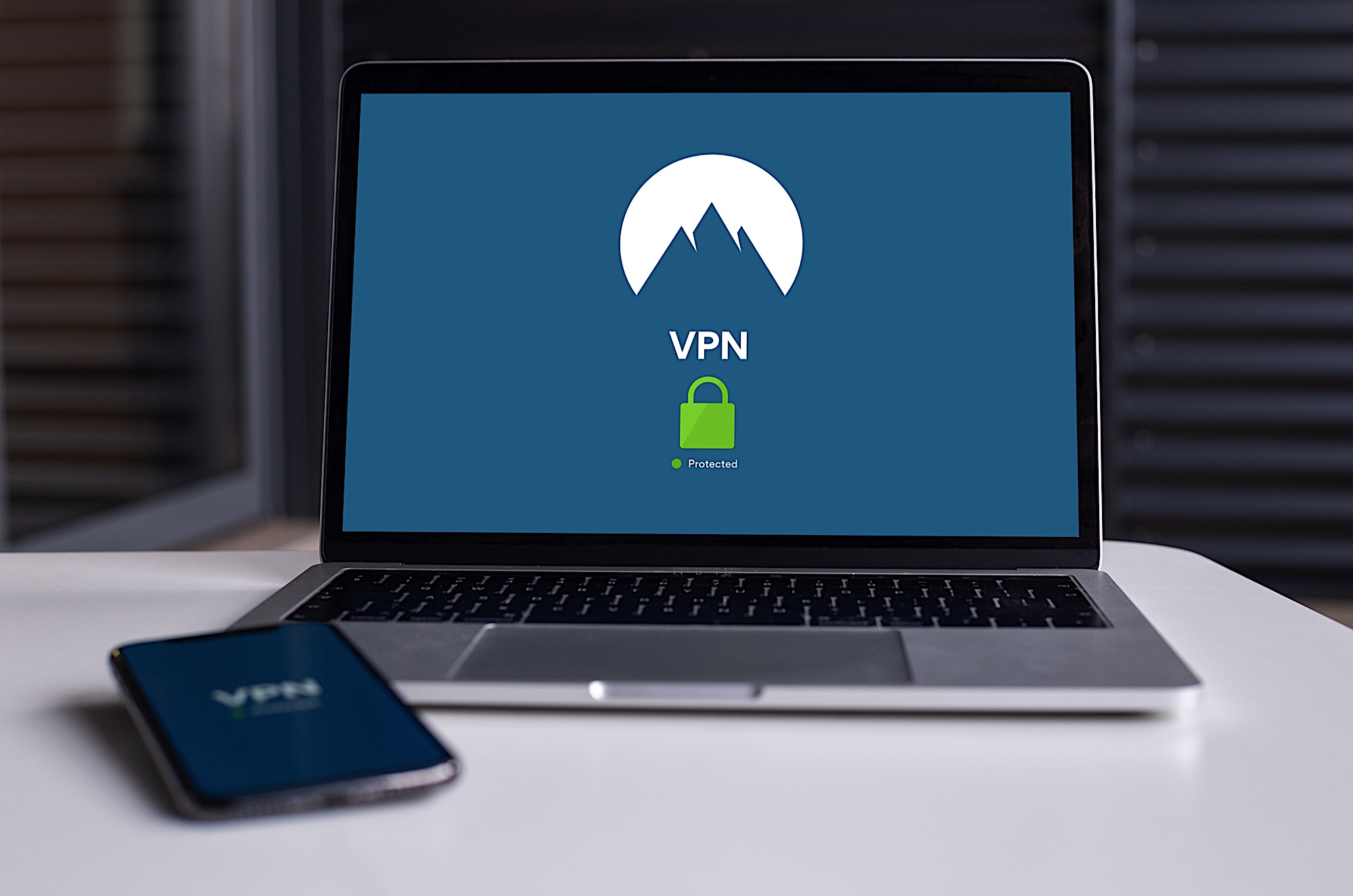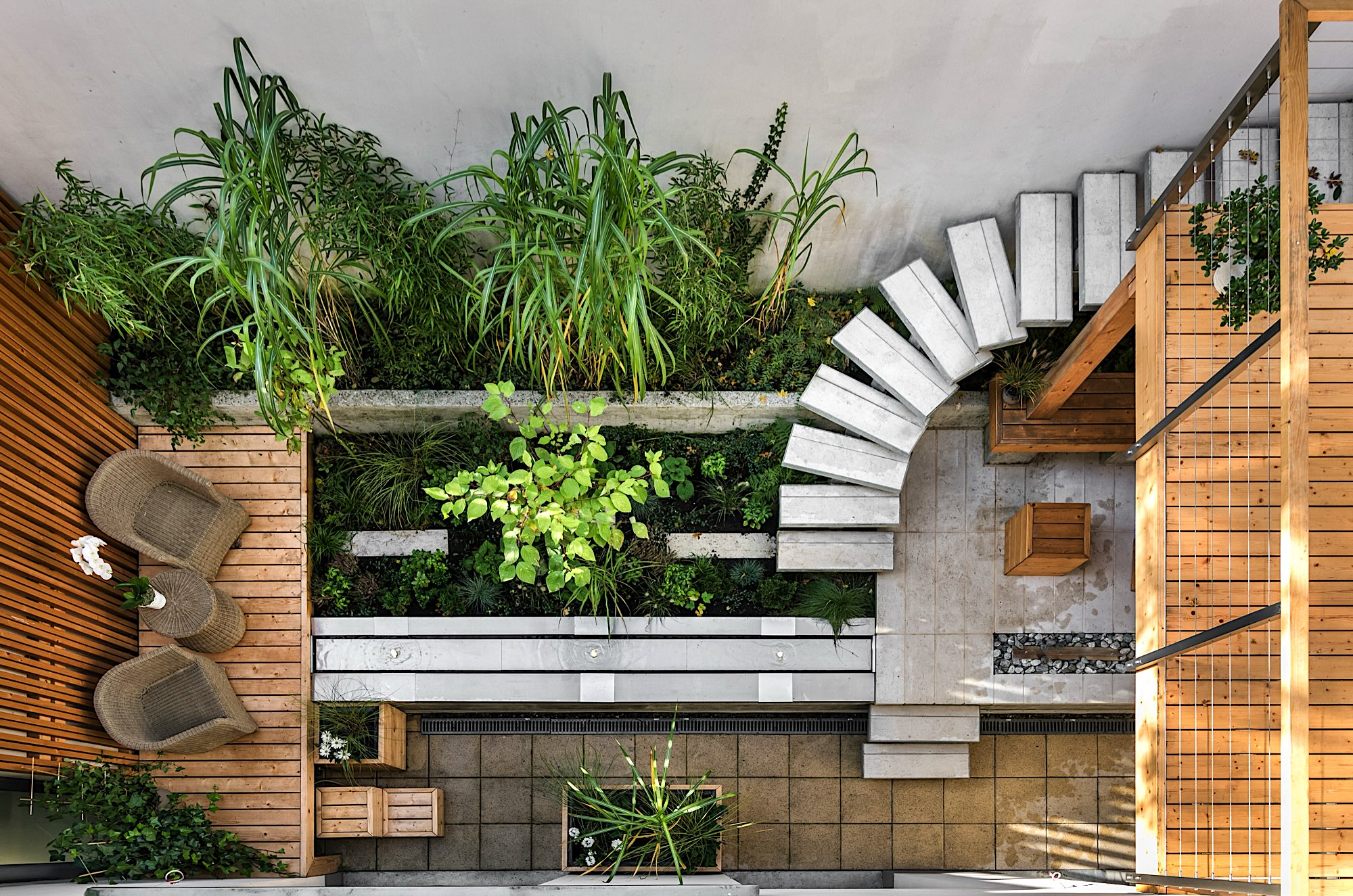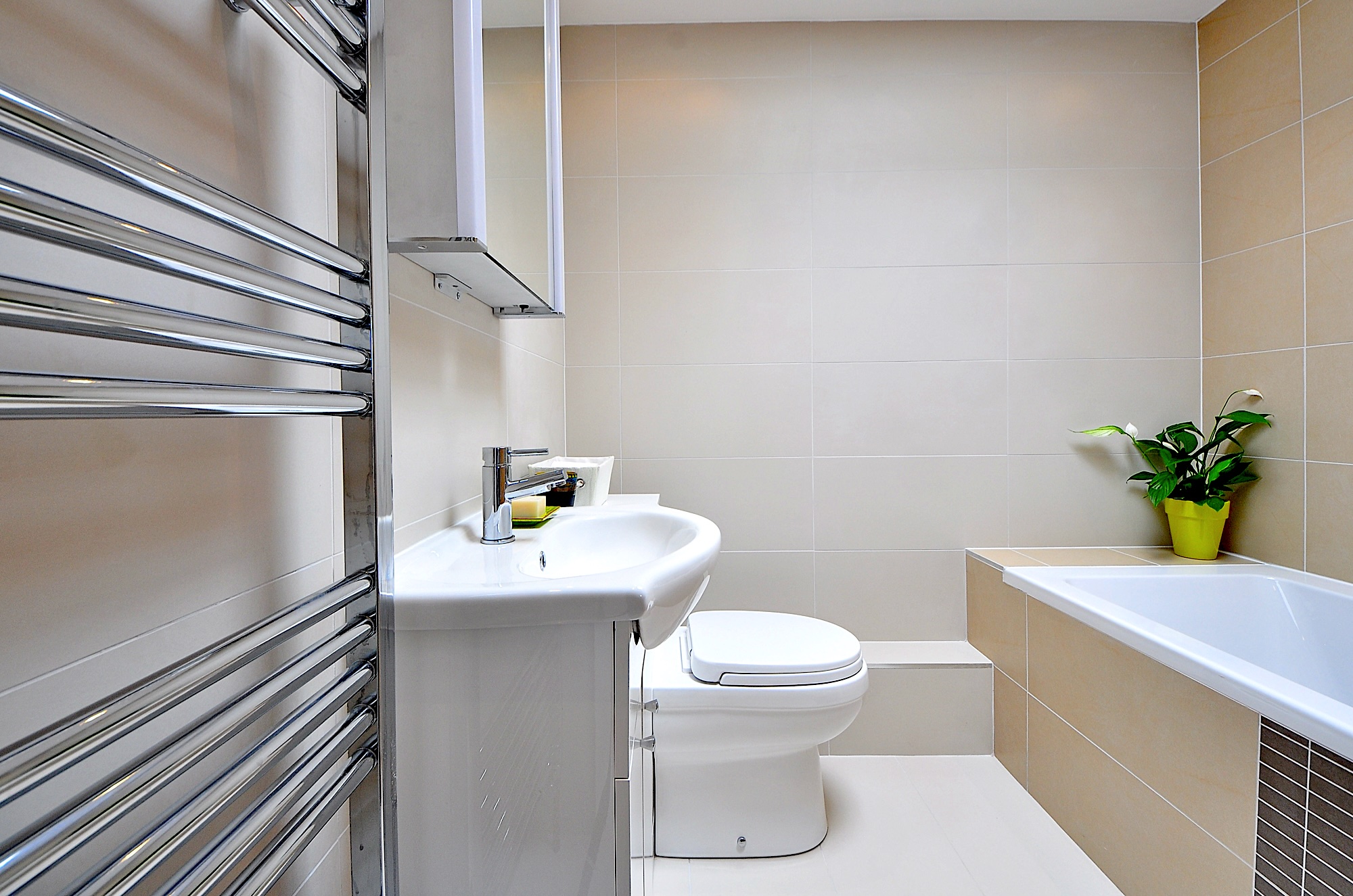Technology has made our lives easier, safer, and more comfortable. Smart homes today integrate many types of devices that connect to the Internet and nformation from them is available on our phones when we’re away from home. They let us monitor what is going on when we’re not there.
If you have pets or children who are home all day, you probably already know about the benefits of a camera and intercom system. These allow us to talk with occupants and, if necessary, respond to an emergency. They work by using your Wi-Fi and Internet connection.
Whenever data is being exchanged with devices in your home, there are potential privacy risks. Many devices are designed to have a low price or may have been rushed to market to satisfy demand without sufficient security embedded into the circuitry.
Thankfully, there are ways you can protect yourself and your family from network problems. Let’s have a look at some of the most popular devices and some strategies to improve your privacy and security.
Network safety tips
Ensure that your Wi-Fi router uses the strongest encryption available in its settings. This makes it more difficult for people to gain unauthorized access by guessing the login. Bad actors are looking for easy targets with default logins, such as admin+password. New devices should have the default login changed to something strong right away. Aim for 16 or more characters in the password.
All routers have dashboard where a password-protected guest profile can be created just for your Internet of Things devices such as lights, locks, doorbells, and cams. A guest network separates utility devices from personal devices: If your door cam is hacked to mine cryptocurrency, it won’t become a gateway to your personal computer, emails, and bank accounts.
Home monitoring
There are smart home devices for almost every area of your home, including HVAC, water, and security to name a few. Areas with very cold winter temperatures can create issues for freezing water pipes. This is a major concern for homeowners, especially if they are on holiday, etc. Smart moisture sensors can be configured to turn off the water automatically and then email or texts with a notice.
Smart thermostats are designed to save money by monitoring room usage and adjusting the HVAC system so that occupants are comfortable and save money at the same time. It will learn when you’re using a particular room, when you’re active or away, and adjust the preheat and cool down settings to suit your schedule. You can even control the temperature from your phone, no matter where you are.
Contact us for information on smart home technology builders are including in new homes.





